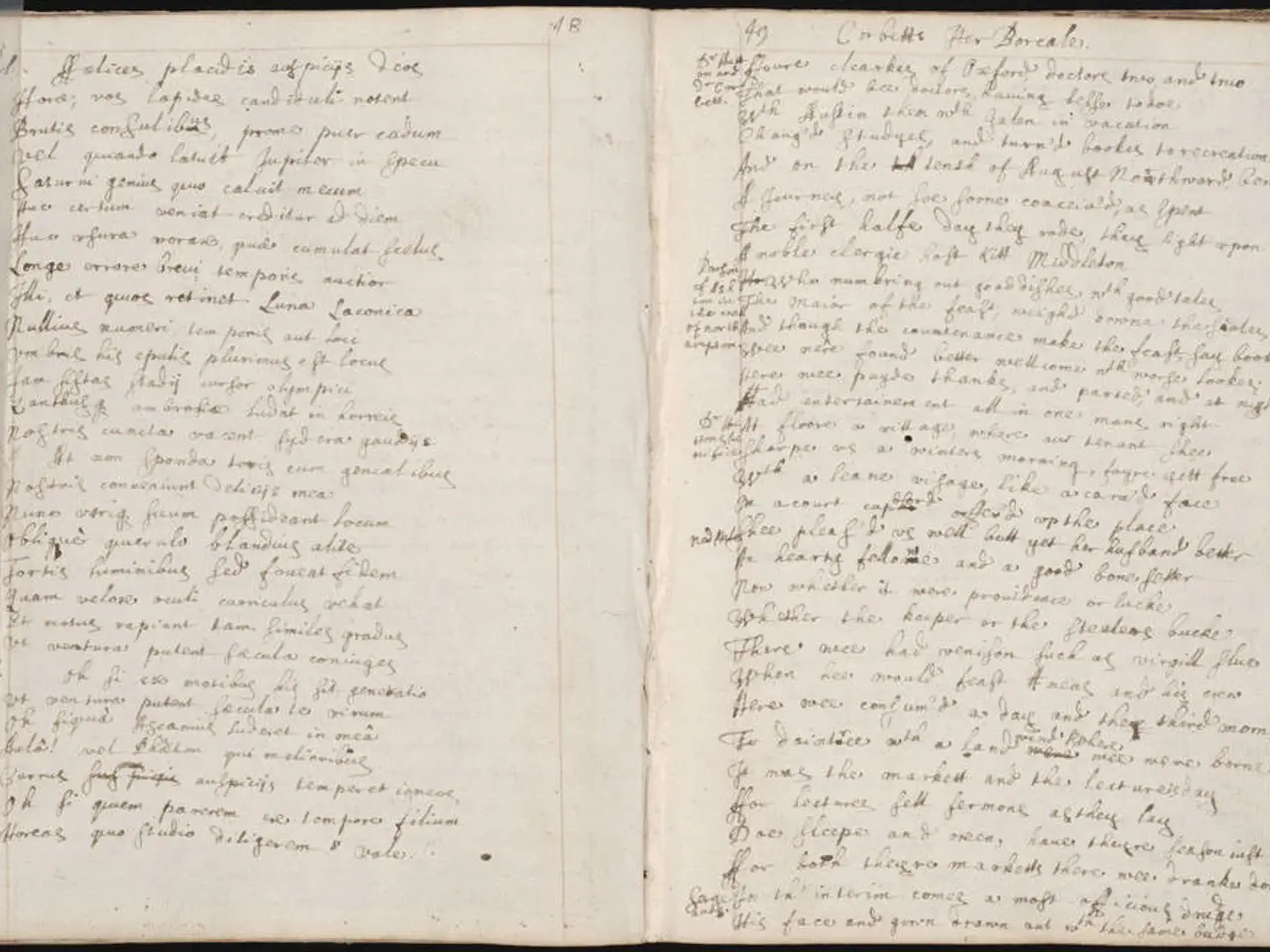Twelve Essential Items for an Ideal Writing Getaway
A writing retreat can be an excellent opportunity for writers to immerse themselves in their craft, gain valuable insights, and foster camaraderie with like-minded individuals. Here are the essential components to consider when planning a productive and inspiring writing retreat:
1. Intimate Setting and Limited Participation
- Small Group Size: Limit the number of participants to ensure each person receives personalized attention and feedback. A small group size, such as five participants max, can enhance bonding and creative interaction.
- Interactive Sessions: Organize activities like lightning-fast brainstorming sessions and one-on-one coaching to provide clarity, insight, and momentum for participants.
2. Engaging Program and Agenda
- Structured Sessions: Include a mix of structured writing sessions and free time to allow for both productivity and relaxation.
- Feedback and Support: Offer regular feedback sessions and support groups to help participants overcome writing blocks and gain confidence in their work.
3. Location and Logistics
- Scenic Location: Choose a venue that inspires creativity, such as a secluded natural setting or a historic location with unique character.
- Accommodations and Meals: Ensure the venue provides comfortable accommodations and meals that align with the retreat's atmosphere and dietary needs. Consider working with a local venue or catering service to enhance the experience.
4. Clear Communication and Anticipation
- Pre-Retreat Briefings: Send out detailed itineraries, packing lists, and other necessary information to prepare participants for the retreat.
- Email Updates: Use email marketing to keep participants engaged and informed about the retreat's progress, including updates on schedules, weather conditions, and any changes.
5. Marketing and Promotion
- SEO and Social Media: Utilize SEO strategies and social media to reach a wider audience interested in writing retreats. Highlight the unique features of your retreat, such as expert coaching or scenic locations.
- Testimonials and Reviews: Include testimonials from past participants to build credibility and attract more attendees.
6. Balancing Work and Play
- Team-Building Activities: Incorporate social activities and outings to foster camaraderie among participants and enhance their overall experience.
- Relaxation Time: Ensure there is ample time for relaxation and self-reflection to maintain productivity and creativity throughout the retreat.
Additional Tips
- Access to Screenplay Analysis Tools: Utilize screenplay analysis tools to help you improve your writing and gain valuable insights into your screenplay.
- Healthy Nutrition: Opt for nutritious meal options, such as fruits, vegetables, lean proteins, and whole grains, to maintain energy and focus during writing sessions.
- Self-Reflection Activities: Engage in activities that promote self-reflection, like journaling, meditation, or creative visualization, to gain insights into your writing process and creativity.
- Personal Reflection Time: Taking time for personal reflection during a writing retreat can help you gain insights into your writing process and creativity. This time can also help you recharge and maintain a positive mindset.
- Goal-Setting: Setting writing challenges or goals can help you stay motivated and focused. Regularly reassessing and adjusting your goals can help ensure that you stay on track and achieve your writing objectives.
- Collaboration: Consider collaborating with a screenplay analyst or like-minded writers to gain new perspectives and insights into your screenplay.
- Tech-Free Zones: Designate areas that are off-limits for technology, fostering a serene space for reflection. Embracing a digital detox can help you focus on your writing and immerse yourself in the creative process.
- Celebrating Accomplishments: Celebrating small victories and accomplishments can help boost your confidence and motivation.
By focusing on these elements, a writing retreat can become both productive and inspiring, offering participants a meaningful and enriching experience.
- For a fashion-and-beauty enthusiast, a retreat could offer workshops on styling, makeup tutorials, or even fashion illustration, enhancing the lifestyle aspect of the retreat.
- If the retreat venue has a home-and-garden focus, activities like gardening workshops or interior design talks could be incorporated, providing a unique twist to the usual writing experience.
- Travel could also be integrated into the retreat by organizing trips to nearby tourist attractions or scenic spots, adding a dose of adventure and exploration to the writing journey.
- In terms of relationships, icebreaker games or group discussions on the writing process and personal experiences could help foster camaraderie among participants, making the retreat a memorable and fulfilling experience.




